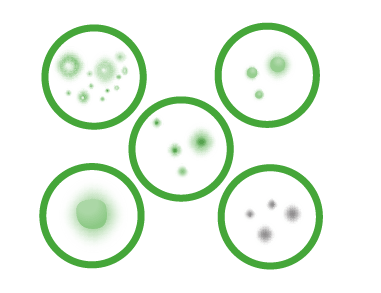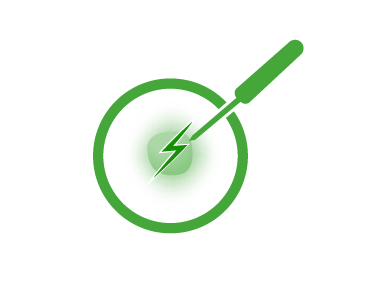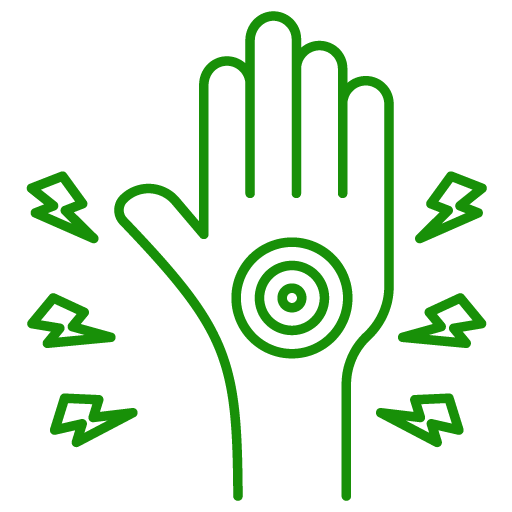Skin Conditions
Are you feeling discomfort in your skin? If yes, then you might be suffering from an underlying skin condition. Skin conditions have a variety of symptoms, and they not only affect your outer layer but also have an impact on you emotionally and how you feel inside. They can take a toll on your confidence in daily activities.
At Mobi Doctor, we understand what kind of skin problem you are suffering from and offer compassionate care, providing personalised treatment to help you restore your skin health and confidence.
The field of dermatology is vast, encompassing everything from common acne, hives, melanoma, and eczema to more complex conditions like psoriasis, skin infections, scabies, skin allergies, pompholyx, or rosacea. Each condition is different and comes with a unique set of physical and emotional challenges. Skin conditions demand attention and care, whether it's the persistent itch of dermatitis, the discomfort of a fungal infection, or the social anxiety brought on by visible symptoms.
At Mobi Doctor, we start the treatment by listening to you. We listen to your concerns, ask about your symptoms and history, and note your skin’s behaviour over time. We also consider factors like lifestyle, environmental exposure, and genetics. Our goal is to create a personalised treatment plan for you and provide you with a long-term solution for your symptoms.
We don’t stop at the treatment. We also educate you on skin conditions and how to manage them through valuable blogs and articles. This means guiding you through skincare routines that nurture your skin, advising on dietary and lifestyle adjustments that can reduce flare-ups, and educating you on protecting your skin from environmental aggressors.
We understand that skin conditions can fluctuate as the seasons change, requiring ongoing attention and sometimes a change in approach. We're committed to being your partner in this journey, offering continuous support and adjustments to your treatment plan as needed. If you're navigating the complexities of a skin condition, remember, you're not alone. Mobi Doctor offers the expertise, treatment, and compassion you need to heal.


































